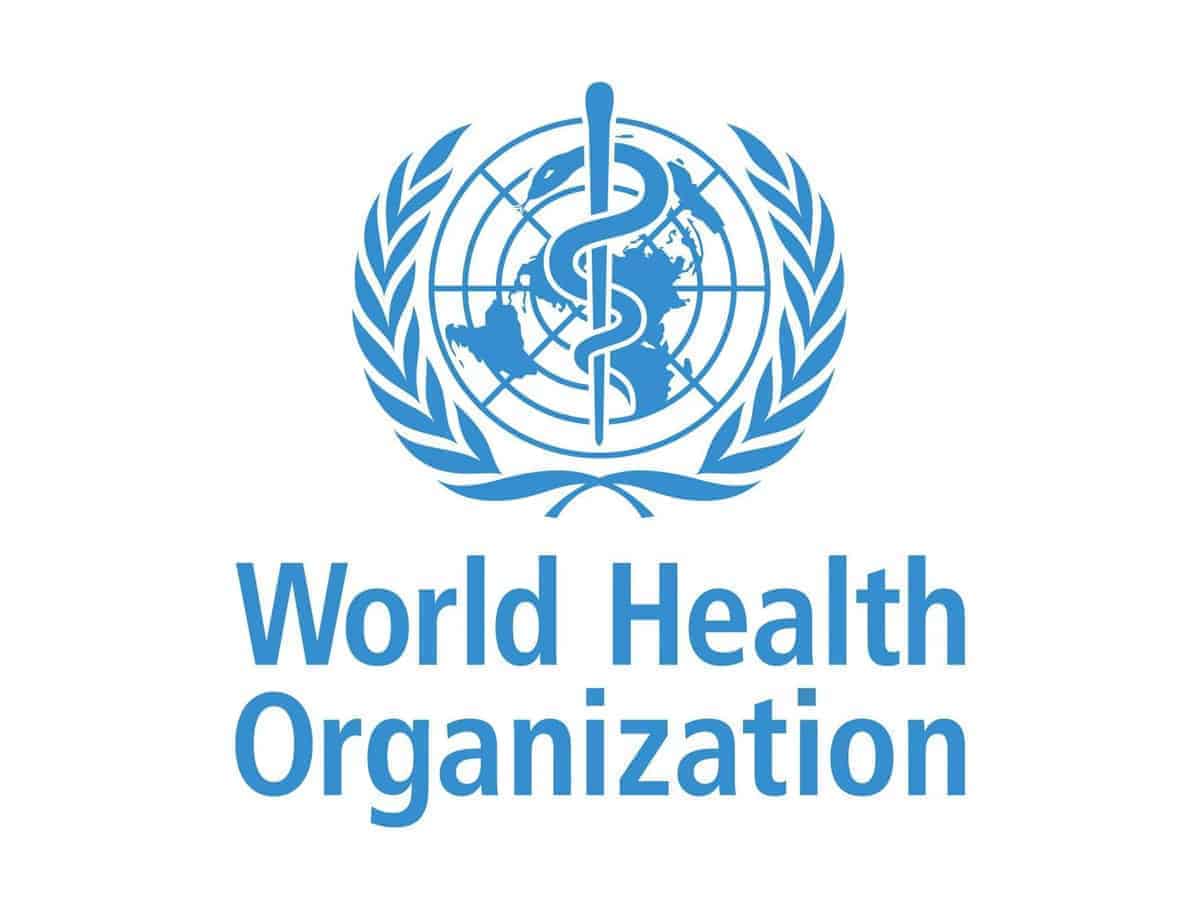
Geneva: The number of people infected with tuberculosis, including the kind resistant to drugs, rose globally for the first time in years, according to a report issued Thursday by the World Health Organisation.
The UN health agency said more than 10 million people worldwide were sickened by tuberculosis in 2021, a 4.5 percent rise from the year before. About 1.6 million people died, it said.
WHO said about 450,000 cases involved people infected with drug-resistant TB, 3 percent more than in 2020.
The COVID-19 pandemic disrupted services for people with TB along with many other health programs. WHO said many people went undiagnosed, noting that the number of people newly identified with TB fell from 7 million in 2019 to 5.8 million in 2020.
Dr. Mel Spigelman, president of the non-profit TB Alliance, said more than a decade of progress was lost in 2020.
Despite gains in areas like preventative therapy, we are still behind in just about every pledge and goal regarding TB, Spigelman said.
After COVID-19, TB is the world’s deadliest infectious disease. It is caused by bacteria that typically affects the lungs.
The germs are mostly spread from person to person in the air, such as when an infected individual coughs or sneezes.
TB mostly affects adults, particularly those who are malnourished or have other conditions like HIV; more than 95 per cent of cases are in developing countries.
According to the WHO report, only one in three people with drug-resistant TB are receiving treatment.
Drug-resistant TB is curable, but alarmingly, cases are on the rise for the first time in years, Dr. Hannah Spencer, who is with Doctors Without Borders in South Africa, said. It’s urgent that shorter, safer and more effective treatments are scaled up now.
Spencer called for lowering the prices of TB treatment so a complete treatment course costs no more than USD 500.
WHO said ongoing conflicts in eastern Europe, Africa and the Middle East have worsened the options for patients seeking TB diagnosis and treatment.
Ukraine had one of the world’s worst TB epidemics even before Russia invaded the country in late February.
Health experts fear the inability of patients to get treated could fuel the rise of more drug-resistant TB across the region.
While TB patients displaced by the war can seek care anywhere in Ukraine, the country has seen a shortage of key medicines and authorities face challenges in keeping track of patients.
